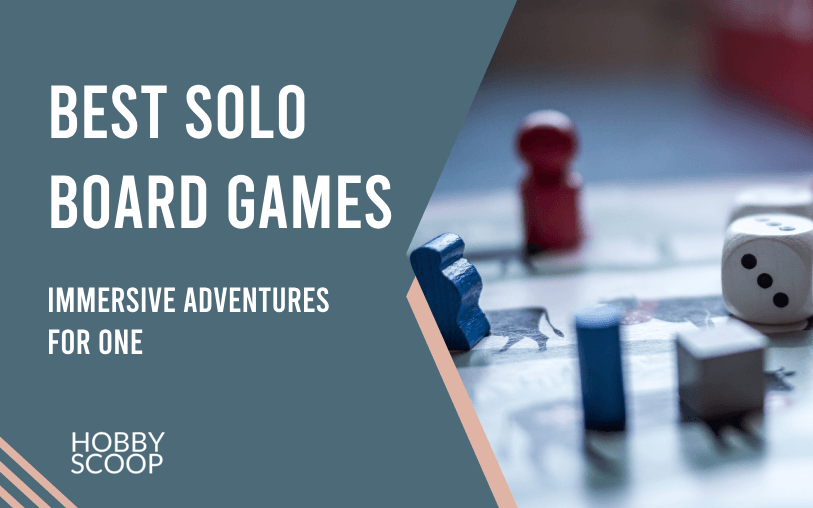There’s an inherent magic in board games that transcends pixels on a screen. They bring people together, fuel imagination, and sometimes even ignite that delightful competitive spark. But with an avalanche of board games in the market, how do you pick the right one for your age?
In this guide, I’ll break down the science and art of selecting the ideal board game based on age – ensuring maximum fun, challenge, and engagement.

Choosing the Right Board Game for Each Age Group
The Toddler & Preschool Age: Focus on Fun & Fundamentals
Age Group: 2-5 years
At this tender age, a board game serves as a dynamic learning tool. Here’s what to look for:
- Simple Mechanics: Think Candy Land or Chutes and Ladders. Games that have straightforward rules and quick turnaround times are best.
- Educational Element: Games that teach colors, shapes, and basic counting give toddlers and preschoolers a delightful learning experience.
- Tactile Components: Pieces that are large, colorful, and easy to grasp not only enhance motor skills but also make the game more interactive.
The Early School Age: Exploring & Experimenting
Age Group: 6-9 years
Children in this age group are like sponges – absorbing, learning, and experimenting.
- Theme-based Games: Games that revolve around a story or theme, like pirates or space exploration, resonate well. Consider games like Catan Junior or Ticket to Ride: First Journey.
- Skill Development: Look for games that encourage strategic thinking, yet aren’t too complex. This is the age to introduce some light strategy.
- Social Interaction: Games that require teamwork or promote conversation help in developing social skills.
The Tween Phase: Challenge & Camaraderie
Age Group: 10-12 years
The tween years are marked by cognitive growth, increased attention span, and deeper social interactions.
- Complex Strategies: Games like Carcassonne or 7 Wonders that involve a bit more strategy and forward-thinking can be introduced.
- Competitive yet Friendly: While competition is good, the game should not induce undue stress. It should be challenging yet enjoyable.
- Variety: Tweens love variety. A mix of card games, board games, and strategy games keeps things fresh and engaging.
Teenagers: Depth, Drama & Dynamics
Age Group: 13-19 years
Teenagers have the cognitive ability to handle deeper strategy, multiple game mechanics, and longer gameplay.
- Deep Strategy Games: Think Twilight Struggle or Terra Mystica. Games that require critical thinking and planning several moves ahead are perfect.
- Social Games: Party games or ones that involve bluffing, negotiation, and player interaction, like The Resistance or Codenames, can be a hit.
- Solo Gaming: With their increased individualism, teens might appreciate games that offer a fulfilling solo experience. Games like Mage Knight can be considered.
Adults: Broad Horizons & Nostalgic Nuances
Age Group: 20+ years
The world is your oyster when you’re an adult. However, nostalgia and the need for relaxation might influence game choices.
- Complex Epics: Delve into the world of Gloomhaven or the strategic depths of Through the Ages.
- Quick & Casual: Sometimes, after a long day, you just want something light. Games like Splendor or Sushi Go! fit the bill.
- Nostalgic Picks: Revisit classics like Monopoly or Risk. Sometimes, it’s about reliving those golden memories.
Board Game Genres and Their Age Affinity
Understanding the diverse world of board game genres can significantly influence your choice based on age preferences.
- Abstract Strategy Games (e.g., Chess, Go): Perfect for those who love pure skill with no luck involved. Ideal for tweens, teens, and adults who love analytical challenges.
- Cooperative Games (e.g., Pandemic, Forbidden Island): Best for younger kids and families, these games teach teamwork as players work together to achieve a common goal.
- Deck Building Games (e.g., Dominion, Star Realms): Suitable for tweens to adults. They involve strategic planning, offering a fresh experience each time.
- Role-Playing Games (e.g., Dungeons & Dragons): Teens and adults delve into imaginative worlds, developing narratives and playing characters.
The Impact of Board Game Awards
Over the years, various awards have been established to recognize excellence in board game design. One of the most prestigious is the Spiel des Jahres (Game of the Year). When choosing a game, looking for award-winners can provide an assurance of quality and engagement.
Adapting Board Games for Different Abilities
It’s essential to recognize that everyone has unique abilities, and board games can be adapted to cater to them.
- Color Blindness: Opt for games that use symbols alongside colors or have distinct patterns.
- Hearing Impairments: Games that rely more on visual cues than auditory ones are ideal. Consider games like Azul or Ticket to Ride.
- Physical Disabilities: Look for games with larger components or digital apps that can accompany and aid the gaming experience.
Expanding the Game: Board Game Expansions
Once you’ve fallen in love with a board game, expansions can provide new life to it.
- What’s an Expansion? Typically, it’s an addition to an existing game, introducing new mechanics, components, or challenges.
- Why Consider Expansions? They offer variety, increase the game’s longevity, and often cater to advanced players looking for added depth.
Wrapping Up
Choosing the right board game for your age isn’t just about the number on the box. It’s about aligning with cognitive abilities, social needs, and personal preferences. The key? Experiment and explore. Because in the universe of board games, there’s a galaxy of fun waiting for every age!

Best site I found in years
Thanks Robert! Glad you like the website. Feel free to join our mailing list to read all of the latest updates 🙂